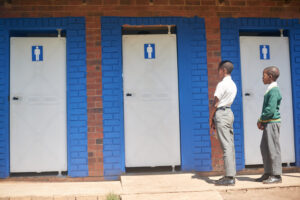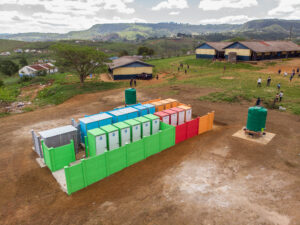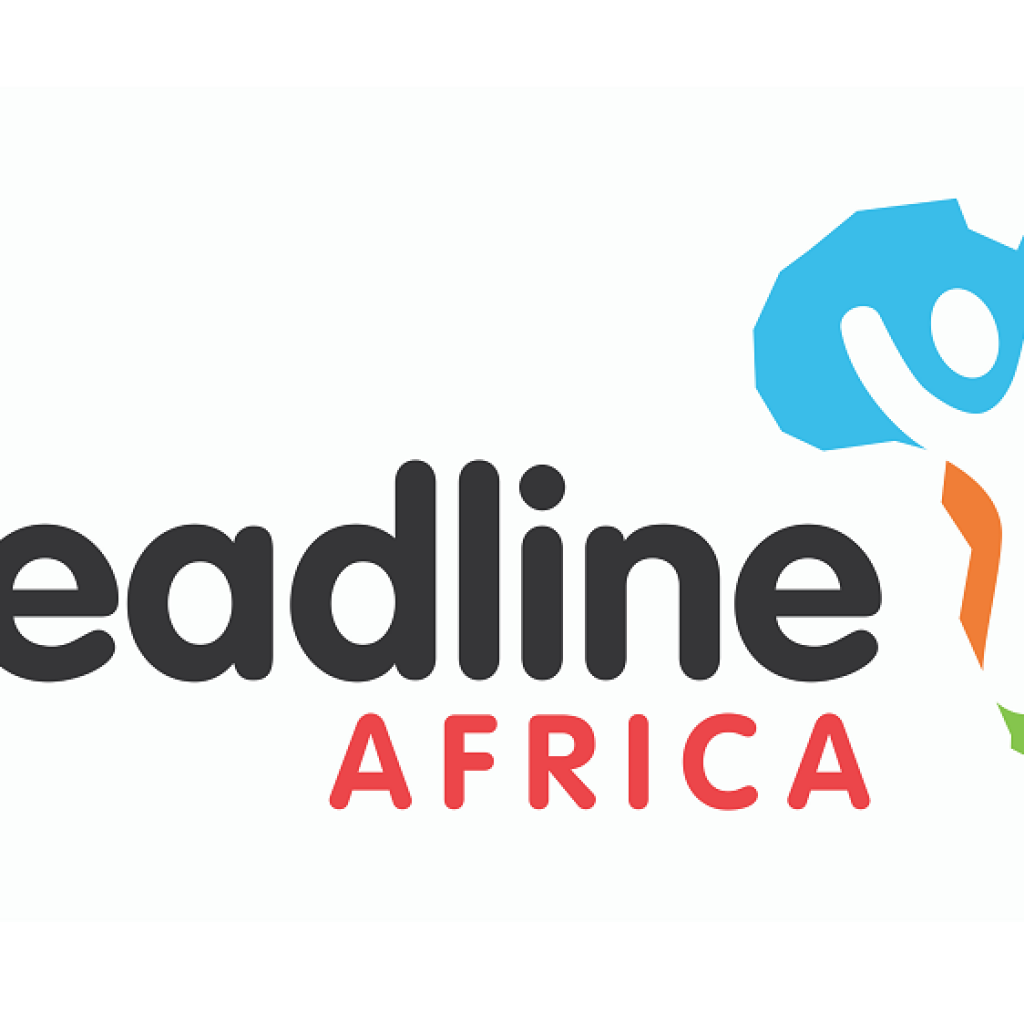By Nyaradzo Mutanha, MERL SPECIALIST Breadline Africa
Children under the age of six in South Africa face developmental challenges due to limited access to quality Early Childhood Development (ECD) services. This stark reality underscores the urgent need for systemic interventions to transform the lives of our youngest citizens.
A 2024 report by UNICEF highlights significant hurdles in providing equitable ECD access, particularly in underserved communities. Breadline Africa, a leading advocate for ECD, has demonstrated the transformative impact of targeted support. Through its innovative programmes, Breadline Africa has supported over 800 ECD facilities, benefiting more than 40,000 children in under-resourced areas. Working closely with implementing partners, these efforts focus on key areas such as ECD practitioner training and upskilling, the provision of health services and nutrition support, and the delivery of teaching, learning, and play materials. Additional services include promoting child safety, encouraging parent engagement, and establishing monitoring systems to ensure continuous improvement. These comprehensive interventions align with the principles of the Nurturing Care Framework, ensuring that children have access to holistic services supporting their development in health, nutrition, safety, responsive caregiving, and early learning.
As we embark on 2025, the insights gathered throughout 2024 present an essential opportunity for South African policymakers to reshape the ECD landscape. By leveraging these lessons, we can collectively drive impactful change, ensuring that every child in South Africa is afforded the opportunity to thrive.
Reframing our approach: From proving to improving
Traditionally, impact assessments in the ECD sector have centred on validating outcomes. However, we must pivot our focus towards continuous improvement. Effective impact measurement should help us identify actionable strategies that enhance our services rather than merely proving that we have met benchmarks. By creating adaptable systems that respond to the evolving needs of ECD centres, we can significantly improve the quality of care and education our youngest citizens receive.
Utilising frameworks as practical tools
Theories of Change and Logical Frameworks should not exist solely as theoretical tools; they must serve as practical instruments aligning stakeholders towards common objectives. Policymakers can facilitate this alignment by championing frameworks that ensure clarity and coherence in ECD programming. When each stage of an initiative is purpose-driven, outcomes are more likely to reflect the actual needs of children and communities.
The power of purposeful data
Data is a powerful ally, and it must be wielded wisely. In the ECD sector, we must look beyond enrolment figures and attendance records to understand the broader context of child development. By combining quantitative and qualitative data to examine the quality of learning environments, teacher-child interactions, and developmental outcomes, we can generate actionable insights. Every data point must translate into strategies that guarantee improved educational and caregiving experiences for children.
Embracing technology for efficiency and impact
In today’s digital age, leveraging technology can significantly enhance our ability to track and visualise impact metrics. Tools like Google and Power BI can revolutionise data collection and analysis, enabling ECD programmes to monitor child development milestones, staff training progress, and infrastructure improvements with unprecedented efficiency. Policymakers should advocate for integrating these technologies in ECD initiatives to support data-driven decision-making.
Fostering community-led sustainability
The foundation of ECD’s lasting impact lies in our communities. By strengthening local capacities, we can ensure that the people who know their children best—parents, caregivers, and educators—are active participants in shaping programmes and advocating for the resources their children need. Policymakers are crucial in facilitating community engagement and investment, ensuring that local voices are heard and valued in the decision-making process.
Commitment to ethical collaboration and transparency
Finally, ethical data practices are paramount for building trust within communities. Collecting data is only the first step; we must close the loop by transparently sharing findings and insights. This ethical approach fosters trust and ensures that programmes are responsive to the real needs of children and families. As we advocate for positive change in the ECD sector, our commitment to transparency must be unwavering.
Looking ahead: A call to action for policymakers
Right now, we stand at a crossroads that demands action. Policymakers, funders, and stakeholders must harness these insights to shape an ECD policy landscape that prioritises improvement, leverages technology, and champions community-led initiatives. Together, we can ensure that every child in South Africa has an equitable opportunity to thrive, nurturing our nation’s brighter future.
If South Africa is to break the cycle of inequality, investing in our youngest learners is non-negotiable. Breadline Africa invites policymakers, businesses, and communities to join hands in ensuring every child’s right to thrive. By working together, we can transform our insights into impactful actions, creating a legacy of care and support for future generations.








